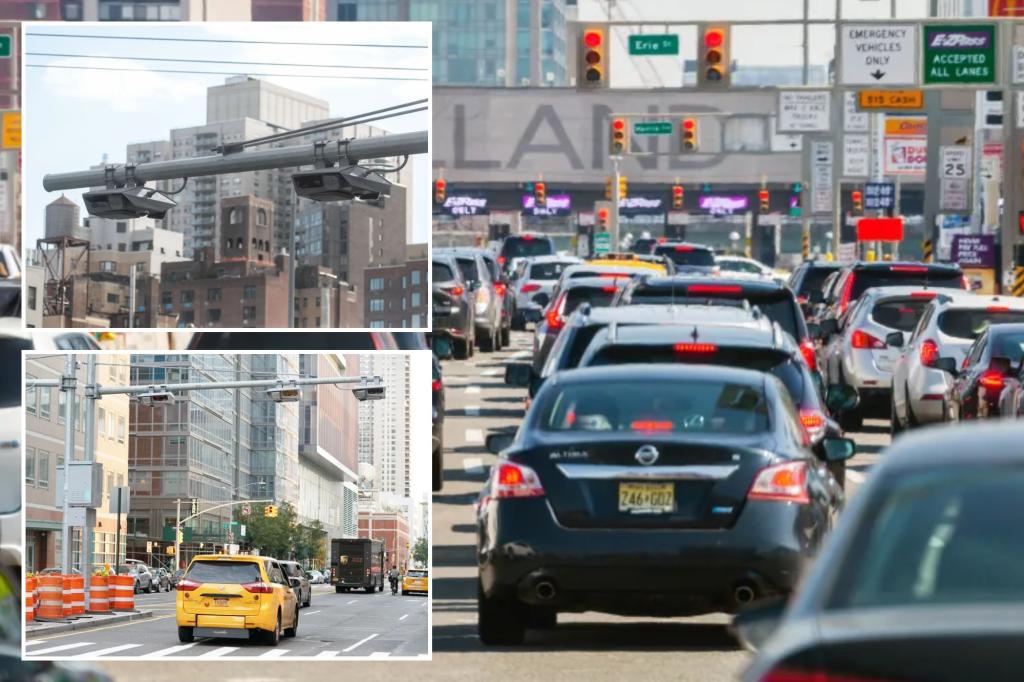A federal judge in New Jersey has promised to make a decision on the legal battle against New York City’s congestion pricing plan before the controversial $15 toll is set to take effect in mid-June. Judge Leo Gordon wants to ensure that there is ample time for all parties involved to prepare for the outcome. This decision could potentially set a precedent in similar cases and future proposals around the country, as New York is the first state to implement such a plan.
New Jersey lawyers are urging the judge to halt the toll by arguing that the Metropolitan Transportation Authority’s plan did not adequately consider the impact on Garden State residents. They claim that New Jersey residents would suffer environmentally due to increased traffic congestion and pollutants resulting from the toll. The MTA’s plan, finalized the previous week, was criticized for lacking mitigation solutions for New Jersey and for not providing funding for any potential environmental impact in the neighboring state.
The MTA’s lawyers argue that the toll, expected to generate $15 billion in funding for the agency, is essential to reduce traffic congestion, lower greenhouse gases, and fund improvements to the transit system. They defended the plan by stating that it benefits the entire region, not just New York City. While they did not allocate a specific amount for New Jersey mitigation, they assured that funding and plans for mitigation would be available in the future. The toll is set to apply during peak hours on weekdays and weekends, with discounted rates for certain vehicles.
The defense countered the claim that the Federal Highway Administration had fast-tracked the project and rubber-stamped the MTA’s proposal without a thorough review of the environmental impact, as required by law. The judge was urged to order a totally new review in light of the final MTA plan and the potential impact on New Jersey communities. The FHWA agreed to conduct a supplemental review based on the new plan, but the New Jersey lawyers argued that the initial review was flawed and that the MTA should restart the process entirely to adequately consider all impacts.
The judge’s decision could have far-reaching implications not only for New York’s congestion pricing plan but also for future similar proposals nationwide. New Jersey residents stand to be significantly impacted by the toll, with increased traffic congestion and pollutants affecting their communities. The MTA has defended the plan as critical for the region, emphasizing the benefits for reducing traffic congestion and improving the transit system. The hearing involved arguments from both sides regarding the environmental impact, mitigation solutions, and funding allocation, with the judge considering all aspects before making a decision.


